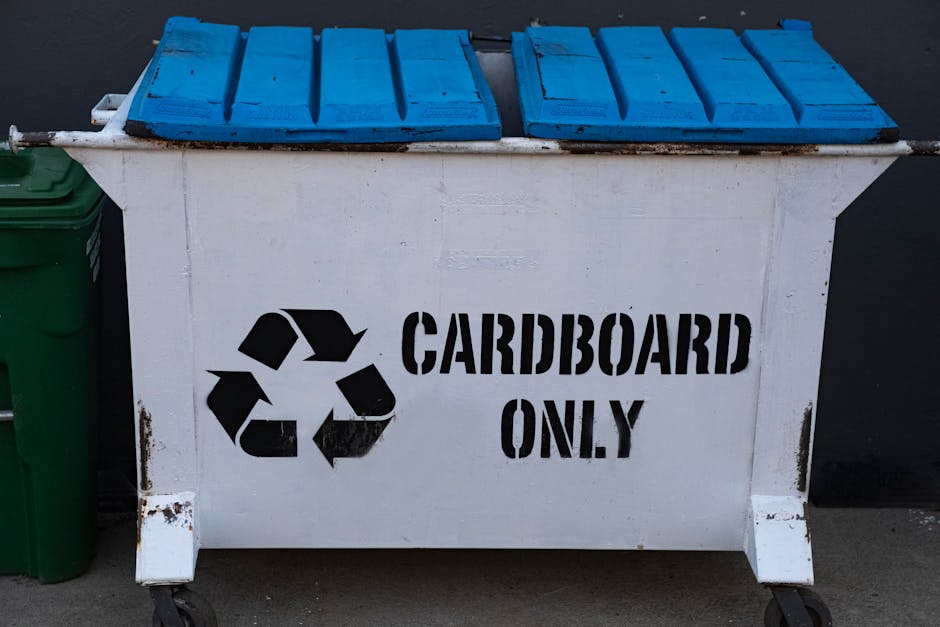
1. Clearly Define Your Goals
Before you start your search, determine the scope and specifics of your project. Ask yourself:
What is my budget?
What style or functionality do I envision?
Do I need structural changes, or is this a cosmetic update?
Having clear goals will help you find an expert whose skills align with your needs.
2. Seek Referrals and Research
Start your search by:
Asking for recommendations: Friends, family, and neighbors who have remodeled their kitchens or bathrooms can provide valuable insights and referrals.
Searching online: Platforms like Houzz, Angie’s List, or local business directories are great for finding qualified professionals.
Checking reviews: Read online testimonials and client feedback. Look for patterns in the reviews that indicate strengths or weaknesses.
3. Verify Credentials and Experience
Once you’ve shortlisted a few candidates, evaluate their qualifications:
Licensing and insurance: Ensure they have proper licensing to work in your area and are insured to protect against any potential liabilities.
Specialized expertise: Kitchens and bathrooms involve plumbing, electrical work, and intricate designs. Look for professionals with significant experience in these areas.
Certifications: Membership in organizations like the National Kitchen and Bath Association (NKBA) indicates a commitment to high standards and ongoing education.
4. Review Portfolios
Ask to see a portfolio of past projects. Pay attention to:
Style compatibility: Does their aesthetic align with your vision?
Diversity: Have they successfully completed projects of varying styles and complexities?
Attention to detail: High-quality finishes and creative problem-solving in past work are signs of a skilled expert.
5. Conduct Interviews
Schedule consultations to evaluate compatibility. During the interview, ask questions like:
What challenges do you foresee in this project?
How do you handle unexpected issues or delays?
Can you provide a detailed timeline and budget breakdown?
Do you have references from recent clients?
Gauge their communication skills, transparency, and enthusiasm for your project.
6. Check References
Contact at least three references to ask about their experience working with the professional. Inquire about:
Timeliness and adherence to budgets.
Quality of work and problem resolution.
Their overall satisfaction with the outcome.
7. Compare Bids
Request detailed proposals from at least three experts. Compare:
Cost estimates: Beware of bids that are unusually low, as they may indicate corner-cutting.
Materials and labor: Ensure all items and services are clearly outlined.
Warranties: Ask about guarantees on workmanship and materials.
8. Trust Your Instincts
Finally, trust your gut. You’ll be working closely with this professional, so it’s crucial to feel comfortable and confident in their abilities.
By following these steps, you’ll ensure your kitchen or bathroom remodel is in the hands of the best expert for the job, bringing your dream space to life with ease and excellence.

 The Silent Killer: Understanding Corrosion Failure Analysis
The Silent Killer: Understanding Corrosion Failure Analysis Crucial Guide to A/c Repair: Keeping Your Cool All Summer Season Long
Crucial Guide to A/c Repair: Keeping Your Cool All Summer Season Long The Importance of Proper Waste Disposal: A Guide to NJ Dumpster Rentals
The Importance of Proper Waste Disposal: A Guide to NJ Dumpster Rentals “Clearing the Clutter: A Guide to Effective Junk Hauling Services in Morris County”
“Clearing the Clutter: A Guide to Effective Junk Hauling Services in Morris County”